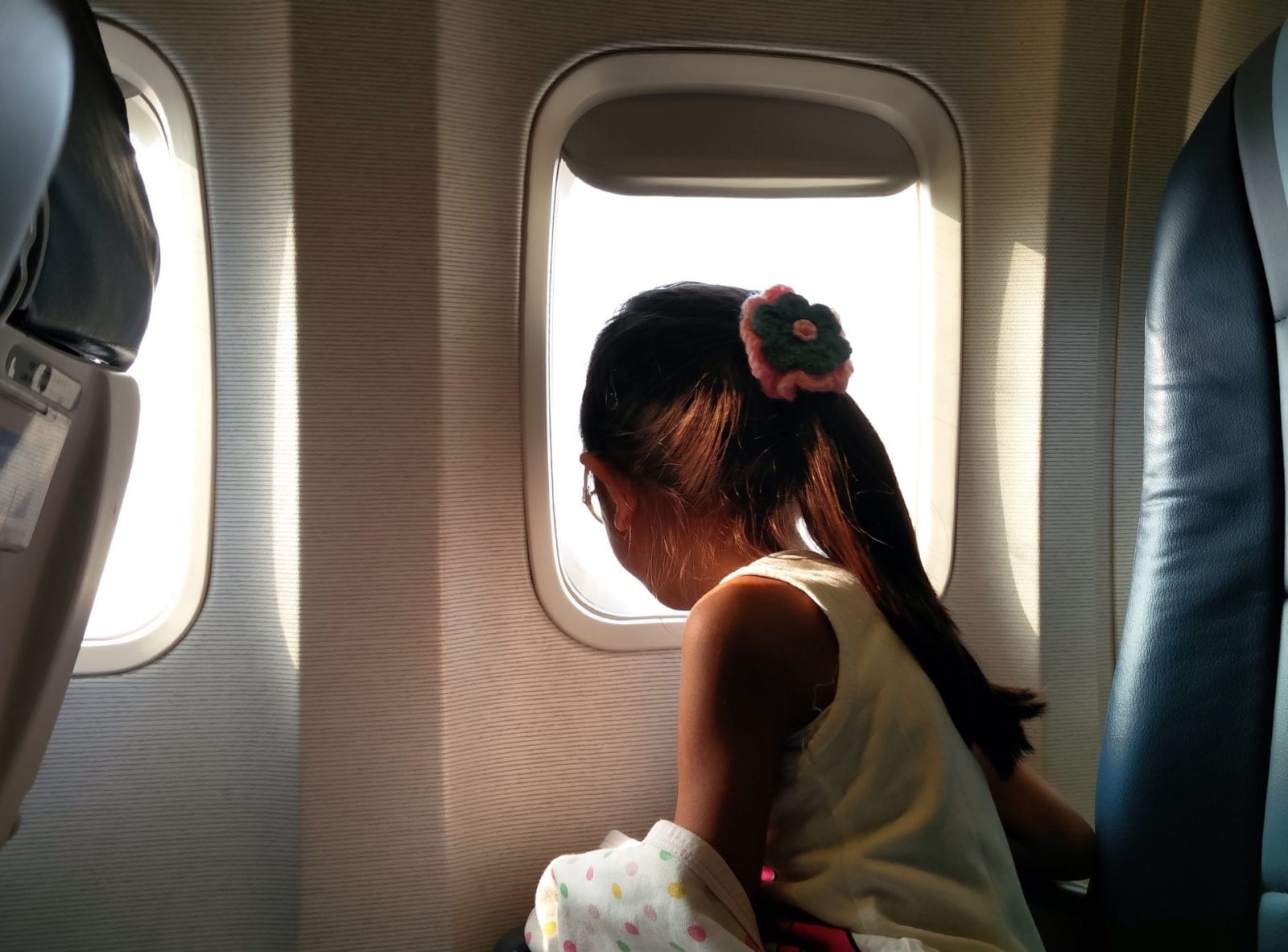As you have likely read, Alaska, American, Delta, and United have eliminated ticket-change fees for all fares except for the lowest, “basic” (or equivalent) fare options; and Hawaiian dropped change fees on even its lowest tickets. There are limits to how this sweeping airline change fee shift, though. If you cancel a flight, you won’t get a refund; instead, you get a voucher valid for a future ticket purchase, usually limited to one year. And when you use the voucher, you apply it to what is then the going fare, not your original fare.
Airline Change Fees: How They’re Evolving
New airline change fee policies cover domestic flights on all five lines; American Airlines’ change fee extends to international flights to Canada and nearby beach destinations, and Hawaiian Airlines’ change fee applies to all flights, including long-haul flights to the South Pacific and Asia. But long-haul international flights are not covered by any of the other four lines. And, so far, nobody knows what the big Asian or European lines might do.
American also introduces a no-fee, same-day standby policy, along with the ability to buy some extras for base-economy fare travelers. Industry sources expect other lines to follow American on its new same-day standby rules.
The main difference between American and United—and it’s an important difference—is that United’s vouchers are limited to “one bite” future value: If you apply it to a ticket with a dollar value less than the voucher value, United keeps the difference. By contrast, on American, if you apply the voucher toward a cheaper ticket, you can retain the difference for future use. The other lines have not yet announced details on voucher values.
Nobody expects Allegiant, Frontier, and Spirit to copy the five legacy airlines; and Southwest hasn’t ever assessed change fees so there’s nothing to roll back. That leaves JetBlue as an outlier: It operates more like the big guys than like the ultra-low-fare lines, but as of this writing, it has not announced any adjustments to its change fee policies.
How Change Fee Adjustments Will Affect Airfare Prices
What does all this mean for future fares? My take—and it’s similar to many other industry observers—is that the net result will be higher prices for fares that do allow changes, along with other features. Industry sources believe that baggage fees generate $500 to $800 million a year for each of the big three lines, and those airlines are not about to swallow such losses. Instead, they’ll tweak their fares to retain—and probably increase—their overall cash flow.
So, if your family can cope with limited checked baggage and live with total non-refundability, you’ll find that base-economy fares will remain very low. And you can offset total non-refundability risk by buying bare-bones travel cancellation insurance. But if you want to check bags, select seats in advance, and maybe upgrade to extra-legroom seats, you should expect pay an increased premium over the base fare.
More from FamilyVacationist:
- 17 Best Flight Booking Sites for Family Travelers
- How to Clean an Airline Seat (and Other Germy Surfaces on the Plane)
- Travel Insurance for Covid-Era Trips












